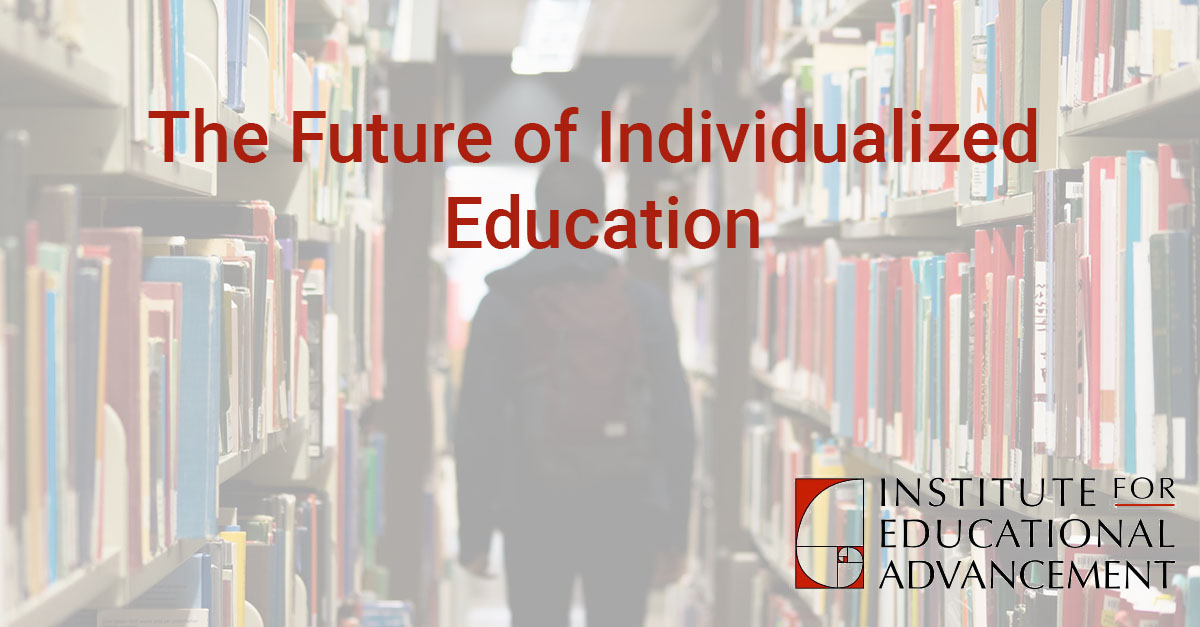by Morgan Carrion
NPR ed’s website features several articles that discuss various ways in which our current system fails to meet kids where they are. Right next to an article about “The Quiet Revolution” (the movement to acknowledge and better accommodate introverted personalities) is an interview discussing a new book called The End of Average: How We Succeed in a World That Values Sameness. Preceding both of these is the story of an 11-year-old black girl who grew so frustrated with the lack of diversity in the books she was reading in school that she decided to collect 1,000 texts about black girls. As we evaluate the myriad of educational needs of our students, my question is this: how can individualized, less standardized classroom environments help the gifted student?
Author Todd Rose identifies part of the problem this way: “We’ve come to embrace a way of thinking about ourselves as people that was intentionally designed to ignore all individuality and force everything in reference to an average person.” He goes on to say, “If all kids are multidimensional in their talent, their aptitude, you can’t reduce them to a single score.” These ideas are meaningful for the gifted learner. Gifted kids are far from simple; their worlds are emotionally, spiritually, intellectually, and physically complex. What if, somehow, there was enough freedom in the classroom to indulge, express, and cultivate some of these complexities in the company of other children? It may seem idealistic, but I think it’s possible.
What I think is most wonderful about individualization is the way it gives people the opportunity to empathize with and truly value the uniqueness of human beings. If a classroom was a space that permitted, even encouraged, the depths of human diversity, children would be free to pursue their personal potentials, while learning to love and respect one another. Chester E. Finn Jr. , co-author of Failing our Brightest Kids refers to individualization as one educational reform that is already in motion. He has this to say on the subject:
“ Without going crazy — everybody still needs to learn to multiply, to compose a grammatical sentence, to explain the background of the Civil War — education is ripe to shift from batch-processing to customizing kids’ instructional experience, moving from pre-set menus to some version of “grazing.” Not just with regard to what is learned or when, but also the mode of instruction — and the rate at which a youngster moves through school.”
Individualization is coming to our schools, whether it be in the form of project based learning or technological programming. I have great hope that this movement in tandem with other important reforms (such as school choice) will effect positive change in our school systems.
Like this post? Sign up for our email newsletter to receive more stories, information, and resources about gifted youth straight to your inbox.

